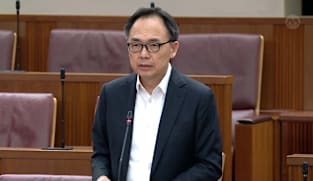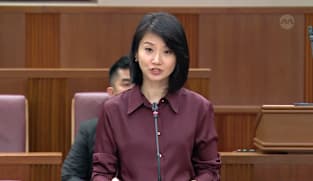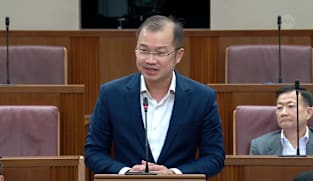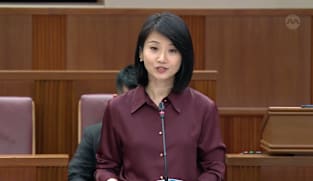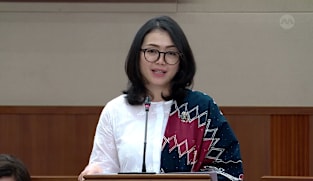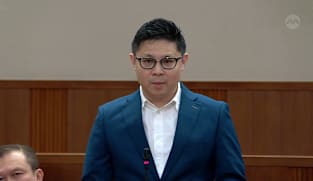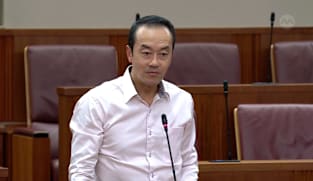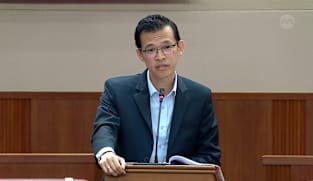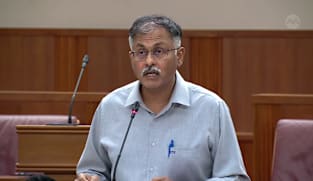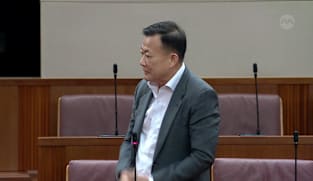S Iswaran on public transport fares
As wages have risen over the past decade, households have been spending a lower proportion of their income on public transport, said Transport Minister S Iswaran in Parliament on Tuesday (Nov 8). Replying to MPs’ questions, he explained how the latest fare increase was computed. Mr Iswaran said that fares have not kept up with the costs of running the public transport system, whose quality and reliability have improved over the past 10 years. From 2012 to 2021, the compounded increase in costs was about seven per cent, with fares rising about one per cent a year over the same period. The Government has stepped up funding to bridge the gap but Mr Iswaran said that looking ahead, fares must keep pace with cost increases or the public transport system will become financially unsustainable. He said the Public Transport Council will continue to ensure that fare increases are subject to prevailing economic and social considerations.
As wages have risen over the past decade, households have been spending a lower proportion of their income on public transport, said Transport Minister S Iswaran in Parliament on Tuesday (Nov 8). Replying to MPs’ questions, he explained how the latest fare increase was computed. Mr Iswaran said that fares have not kept up with the costs of running the public transport system, whose quality and reliability have improved over the past 10 years. From 2012 to 2021, the compounded increase in costs was about seven per cent, with fares rising about one per cent a year over the same period. The Government has stepped up funding to bridge the gap but Mr Iswaran said that looking ahead, fares must keep pace with cost increases or the public transport system will become financially unsustainable. He said the Public Transport Council will continue to ensure that fare increases are subject to prevailing economic and social considerations.








